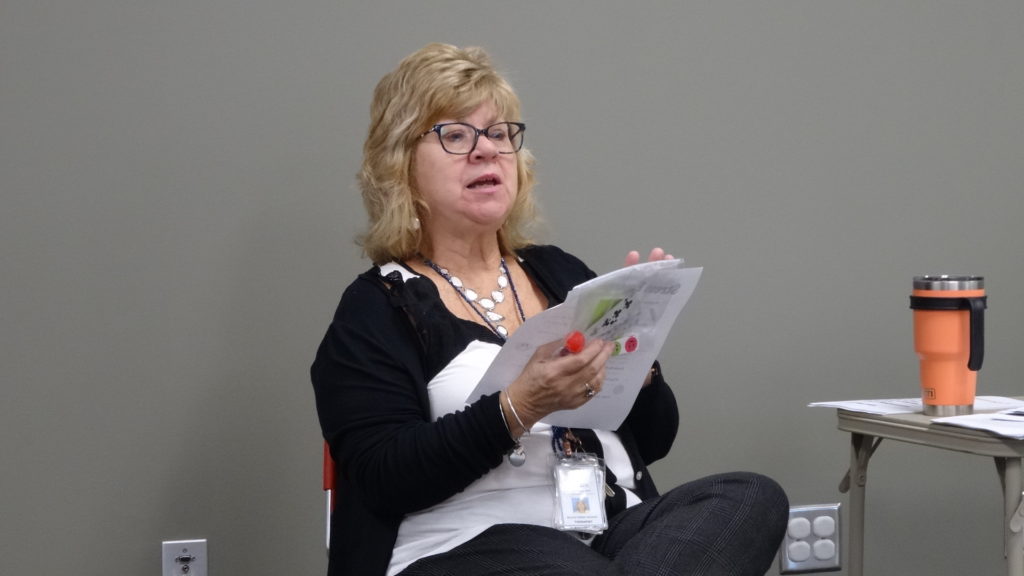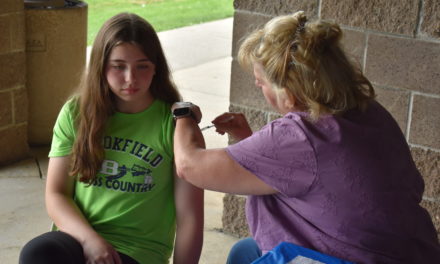It’s the most wonderful time of the year, the song says, and, for many, it is.
But, for others, it’s the most stressful time of the year.
That stress can come from expectations of self or others that can’t be met, or when the holidays are seen through the lens of a Norman Rockwell painting or a Martha Stewart TV show.
When grief is a part of your holidays, it can be a very lonely time, despite the emphasis on family.

“Stress in the holidays can be pretty profound,” said Debbie Mosora, nurse therapist for Sharon Regional Medical Center.
Stress comes from how we react to reality, and reflects a perception of a situation.
“It is a thought process,” the Brookfield woman said at a Nov. 5 program at the Brookfield Branch Library of the Warren-Trumbull County Public Library.
Combating it also is a thought process, Mosora said.
There probably are as many ways to deal with holiday stress as there are sources of stress, but Mosora offered some tips that many have found useful for getting through it all.
Short of ignoring the holiday altogether – which is a viable option, she said – people should remember to take care of themselves during the holidays a time when many forget themselves in striving to serve others.

Mosora asked people to consider the instructions given on an airplane: when the oxygen mask drops, put it on yourself before you help your child or your elderly neighbor.
“We always hear that being selfish is bad,” Mosora explained. “Being selfish to take care of you is good. If you can’t take care of you, how are you going to take care of anybody else?”
Learn when to say no – stick with “what’s important to your heart,” Mosora said – and aim for having fun, but in a healthy way.
“Try to think positive, not negative,” Mosora said. “It’s, ‘What I am going to do? What I can do?’ not, ‘What if?’”
Being organized and pacing yourself can ease holiday stress, but keep lists simple and cross off things you have accomplished.
“When you write them down, check them off, and you have a sense of, ‘I’m on my way,’” she said.
Find ways to relax, whether it be bebopping to music while stuck in traffic, performing breathing exercises four or five times a day or listening to relaxation tapes.
Practice mindfulness by paying attention to your sensory stimuli: what you hear, smell, see, touch and taste at any given time.
“You’re concentrating so much on what’s going on around you, the here and now – you’re giving yourself a break from all the hubbub,” Mosora said.








